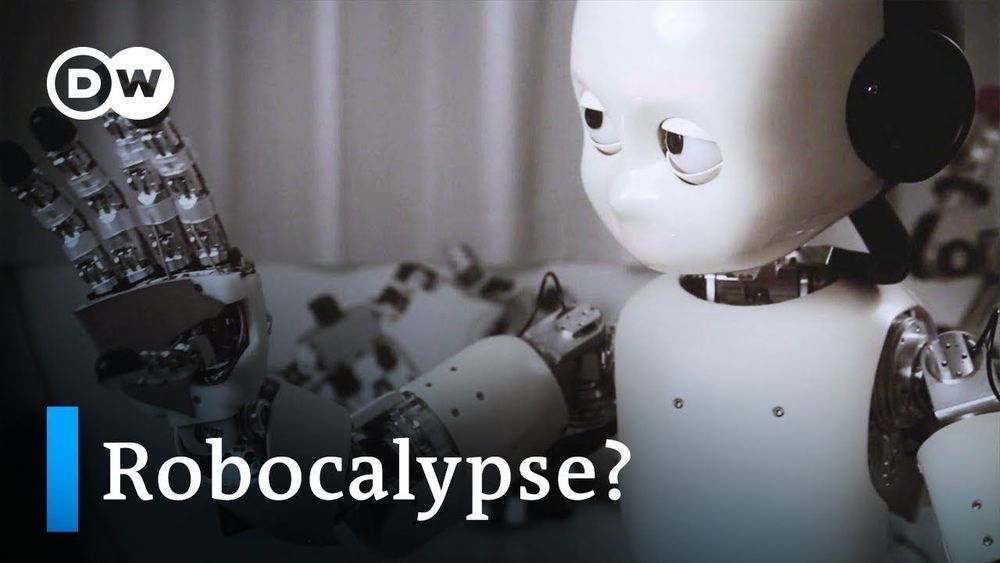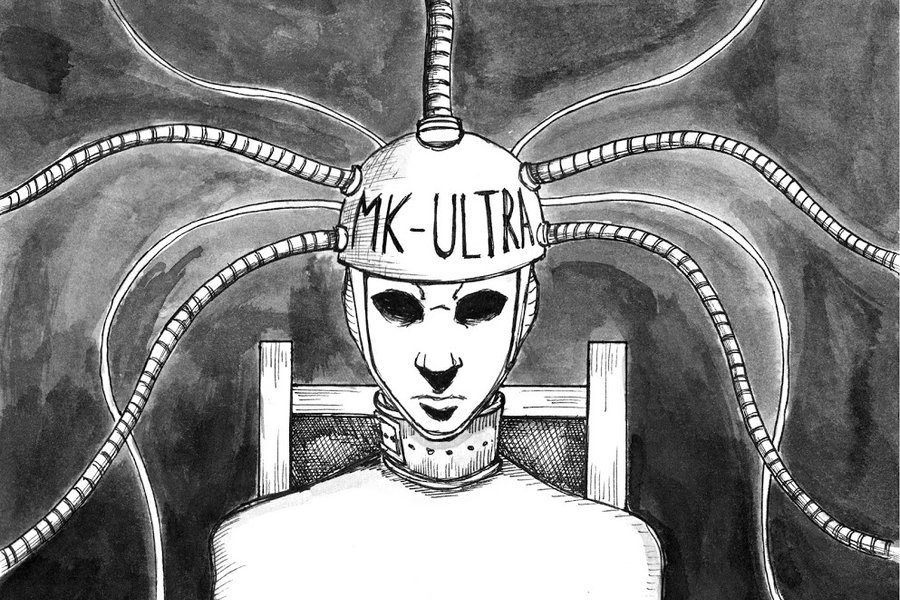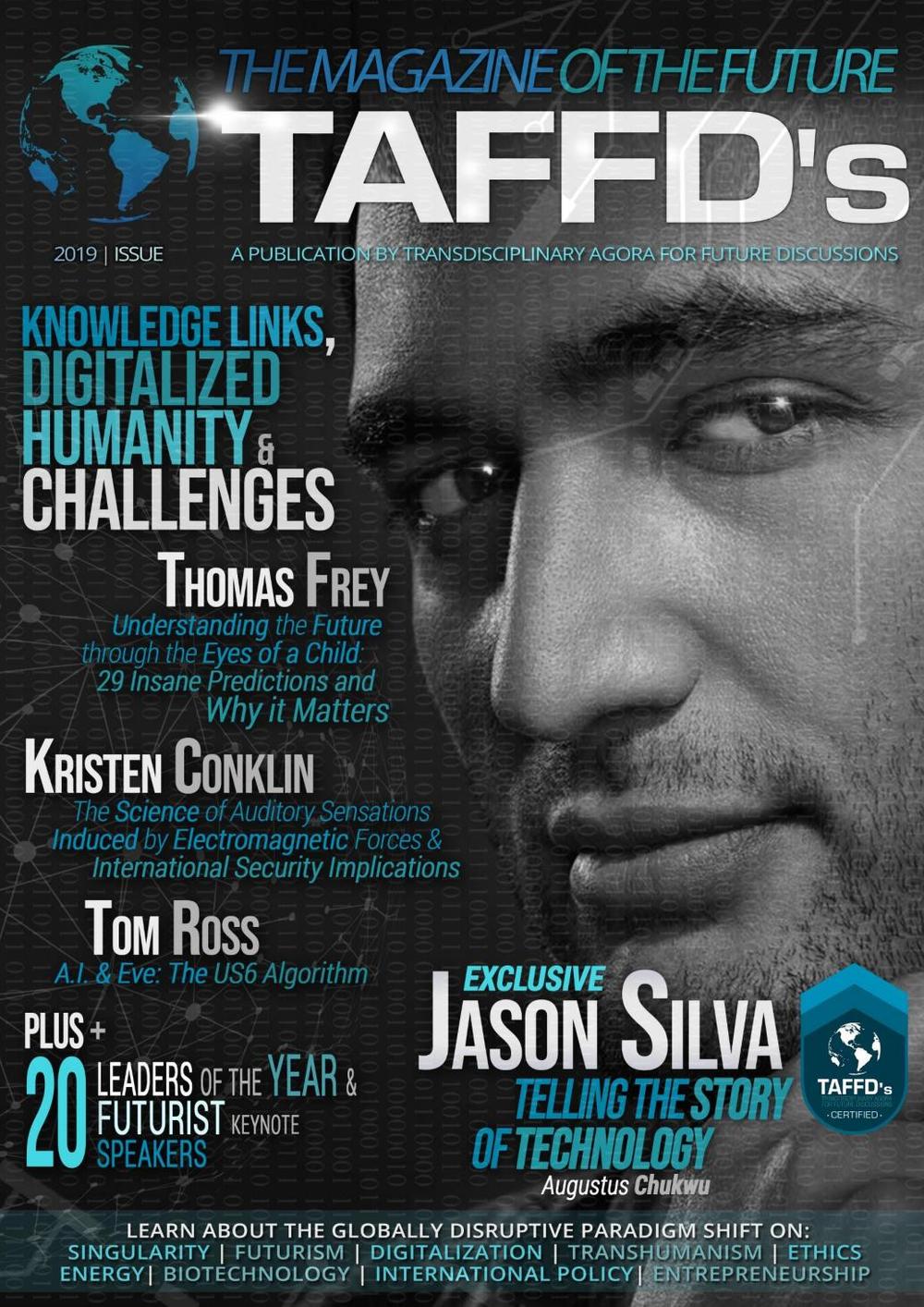Mar 19, 2020
Frequently Asked Questions on the Ethics of Lifespan and Healthspan Extension
Posted by Lola Heavey in categories: biotech/medical, ethics, life extension, policy
The mission of healthy life extension, or healthy longevity promotion, raises a broad variety of questions and tasks, relating to science and technology, individual and communal ethics, and public policy, especially health and science policy. Despite the wide variety, the related questions may be classified into three groups. The first group of questions concerns the feasibility of the accomplishment of life extension. Is it theoretically and technologically possible? What are our grounds for optimism? What are the means to ensure that the life extension will be healthy life extension? The second group concerns the desirability of the accomplishment of life extension for the individual and the society, provided it will become some day possible through scientific intervention.
How will then life extension affect the perception of personhood? How will it affect the availability of resources for the population? Yet, the third and final group can be termed normative. What actions should we take? Assuming that life extension is scientifically possible and socially desirable, and that its implications are either demonstrably positive or, in case of a negative forecast, they are amenable – what practical implications should these determinations have for public policy, in particular health policy and research policy, in a democratic society? Should we pursue the goal of life extension? If yes, then how? How can we make it an individual and social priority? Given the rapid population aging and the increasing incidence and burden of age-related diseases, on the pessimistic side, and the rapid development of medical technologies, on the optimistic side, these become vital questions of social responsibility. And indeed, these questions are often asked by almost any person thinking about the possibility of human life extension, its meaning for oneself, for the people in one’s close circle, for the entire global community. Many of these questions are rather standard, and the answers to them are also often quite standard. Below some of those frequently asked questions and frequently given answers are given, with specific reference to the possibility and desirability of healthy human life extension, and the normative actions that can be undertaken, by the individual and the society, to achieve this goal.
Continue reading “Frequently Asked Questions on the Ethics of Lifespan and Healthspan Extension” »


















